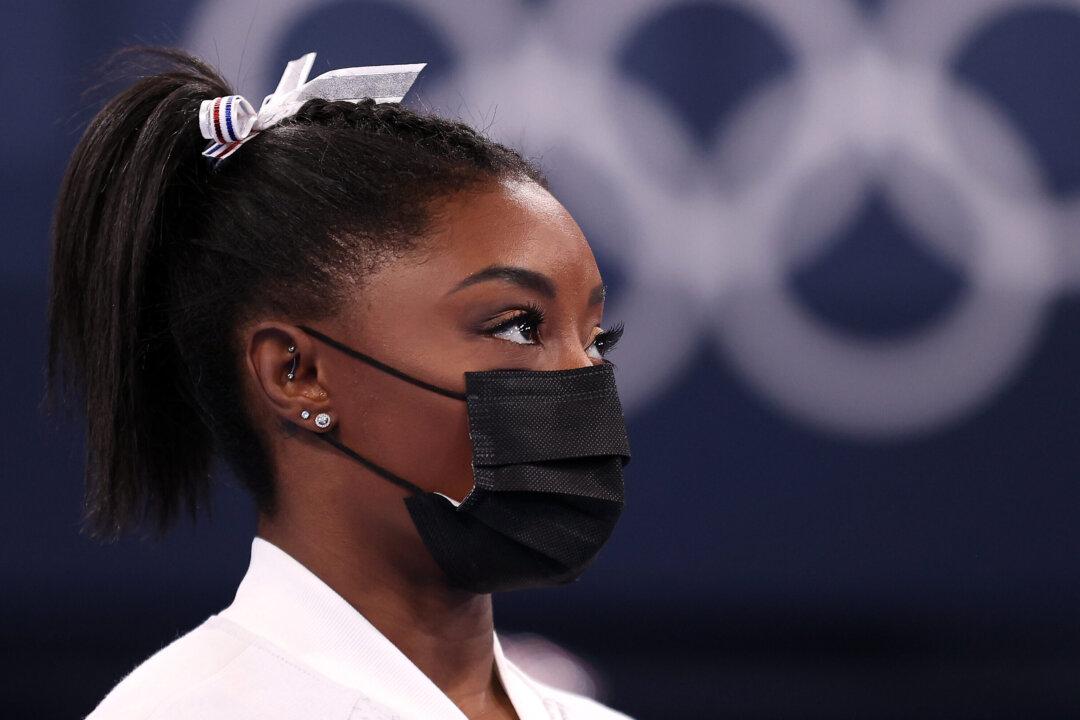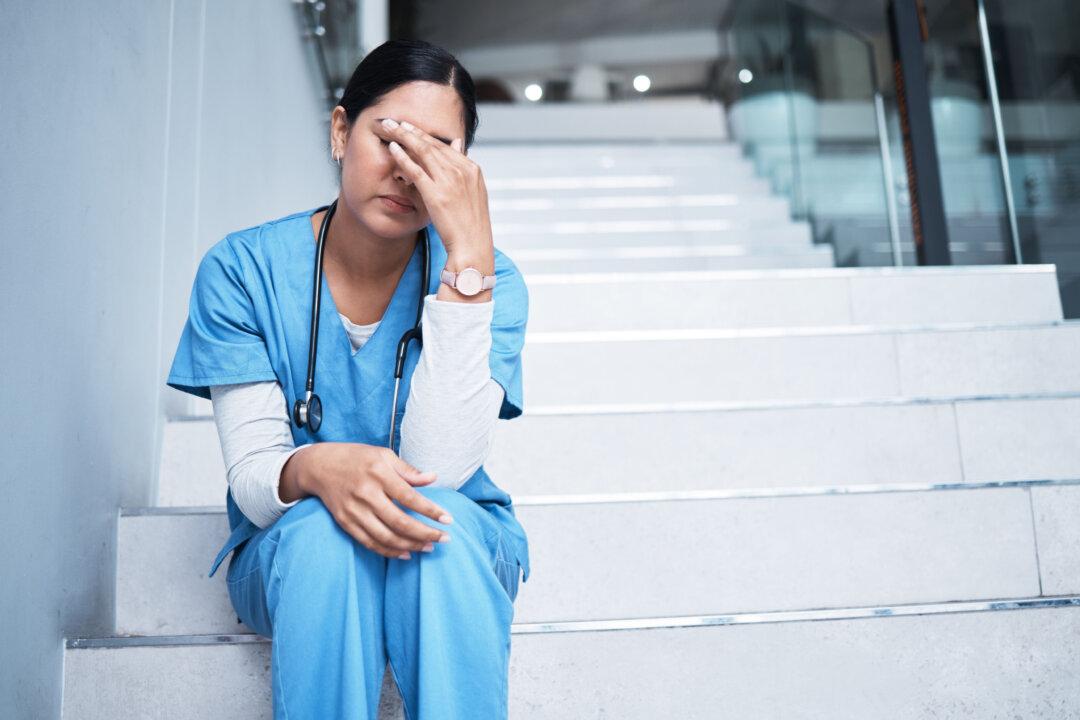Commentary
On July 28, Simone Biles, one of the most prolific female gymnasts of all time, withdrew from the Olympic games. Shortly after the 24-year-old’s announcement, USA Gymnastics released a statement. It read: “After further medical evaluation, Simone Biles has withdrawn from the final individual all-around competition at the Tokyo Olympic Games, in order to focus on her mental health.“ The organization ”wholeheartedly” supported her decision and applauded “her bravery in prioritizing her well-being.” Her courage, they insisted, “shows, yet again, why she is a role model for so many.”





